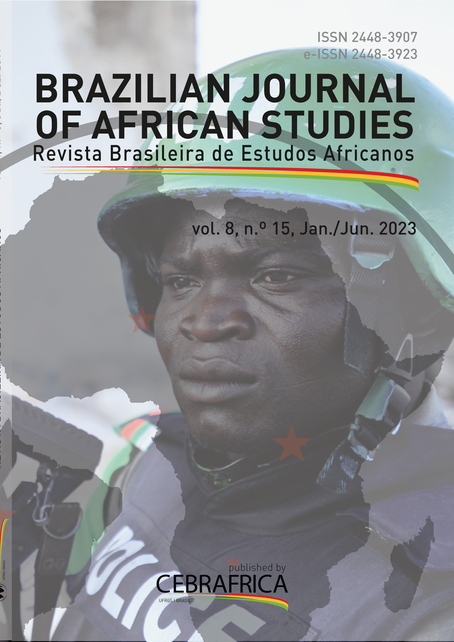EMERGING CHALLENGES AND OPPORTUNITIES IN HUMANITARIAN ASSISTANCE IN MOZAMBIQUE: A CASE STUDY FROM CABO DELGADO
DOI:
https://doi.org/10.22456/2448-3923.129793Abstract
The purpose of this article focused on understanding the effects of political transformations in the International System through a reflection on the role of non-state actors in humanitarian issues and their influence on the reduction of state power, considering that traditional humanitarian principles have been challenged. This contestation takes the name of new humanitarianism - a humanitarian stance that is concerned with resolving conflict and creating development in the humanitarian space, which contrasts with the traditional humanitarian stance of alleviating suffering and saving lives. The main objective of this article was to reflect on the emerging challenges and opportunities resulting from the humanitarian assistance process in Cabo Delgado. Based on a qualitative approach, a literature review was conducted on the theme of humanitarian assistance combined with the theme of violent extremism in Cabo Delgado. The results of this article indicate that international humanitarian agencies in the region have assumed responsibilities in the humanitarian space that place them in ambiguous situations and create challenges for humanitarian assistance, which concern human security, the management of humanitarian assistance, and the coordination of humanitarian actions. However, opportunities also emerge for the Mozambican state to redefine its strategy and strategic articulation, which requires the adoption of a proactive national positioning.
Downloads
Downloads
Published
How to Cite
Issue
Section
License
The author will hold copyright over the published articles and retain publishing rights.

Brazilian Journal of African Studies is licensed under a Creative Commons Atribuição 4.0 Internacional.


